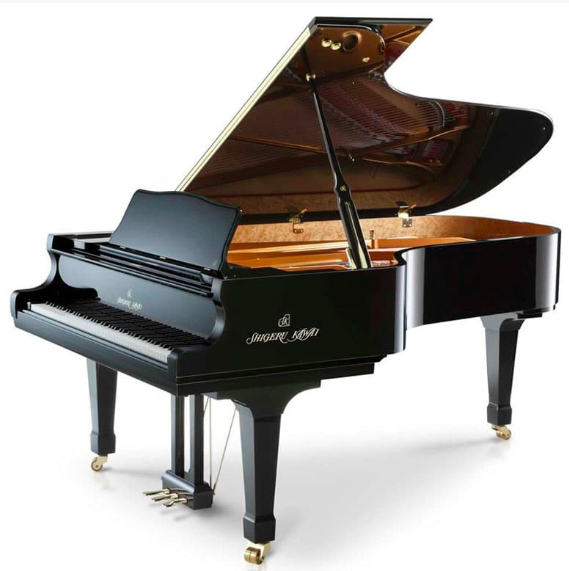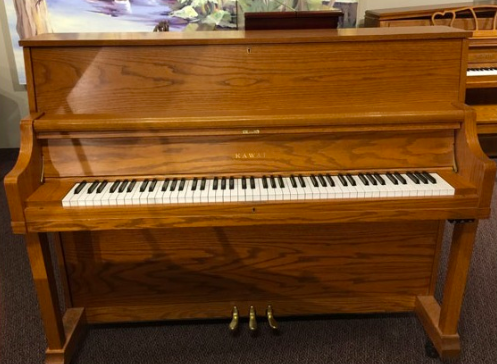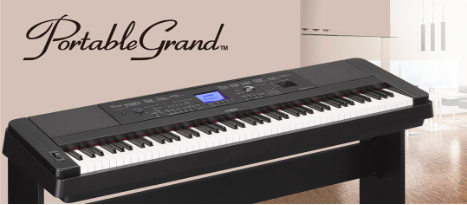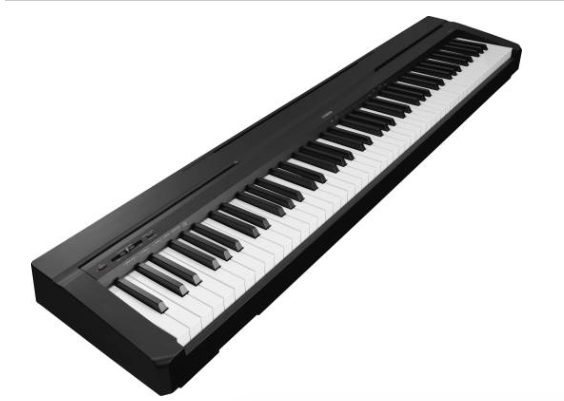Piano Guidelines
The ideal instrument to practice on is a well-tuned acoustic piano in good condition
ACOUSTIC PIANOS
Ideal for technique development
Motivating to play on
Need to be tuned regularly
Older pianos can malfunction, and keys can be loose or sticky
Older pianos can be impossible to tune or go out of tune quickly
A quality instrument will cost a few thousand dollars
KEYBOARD/CLAVINOVAS
A keyboard with 76 – 88 weighted keys is another suitable option
Do not need to be tuned
Will be in great condition if you buy new
Cost as little as $600
Have great sound effects
Have a different touch/feel to an acoustic piano (disadvantage in learning technique)
May have less keys than an acoustic piano
Are not suitable for students at an intermediate/advanced level




WHY NOT A SMALLER KEYBOARD?
From the first year of lessons, fewer than 76 keys greatly limits the repertoire that can be practiced at home
Many keys are smaller width than regular piano keys, and that makes it challenging for a students hand to adapt
When keys are easy to press, the student changes the way that they press the keys. Many times this results in tension issues that are difficult to remedy later
The teaching of dynamics will be delayed until the student has a weighted instrument
